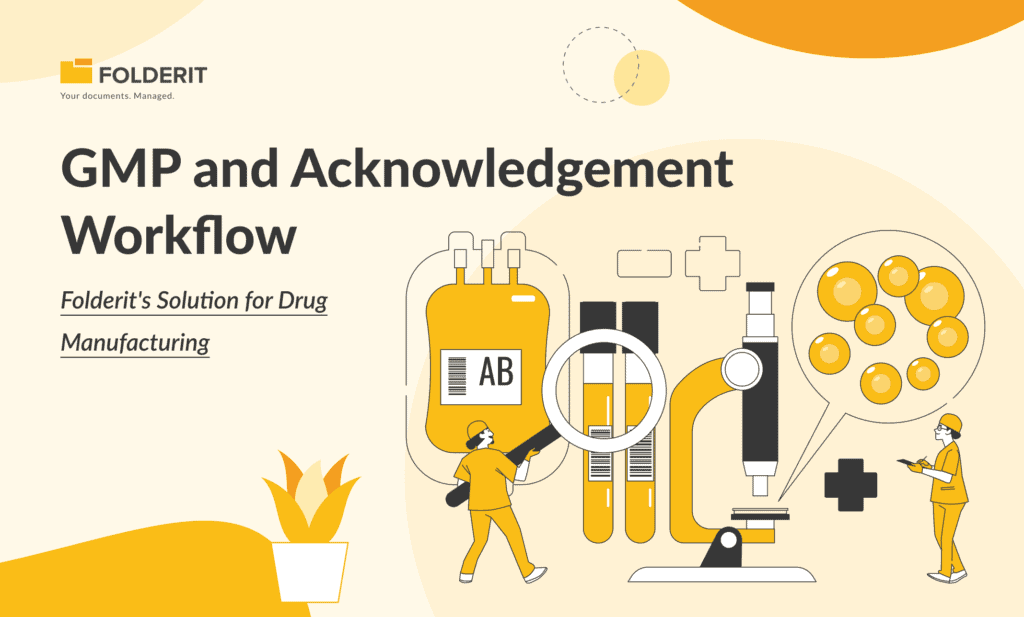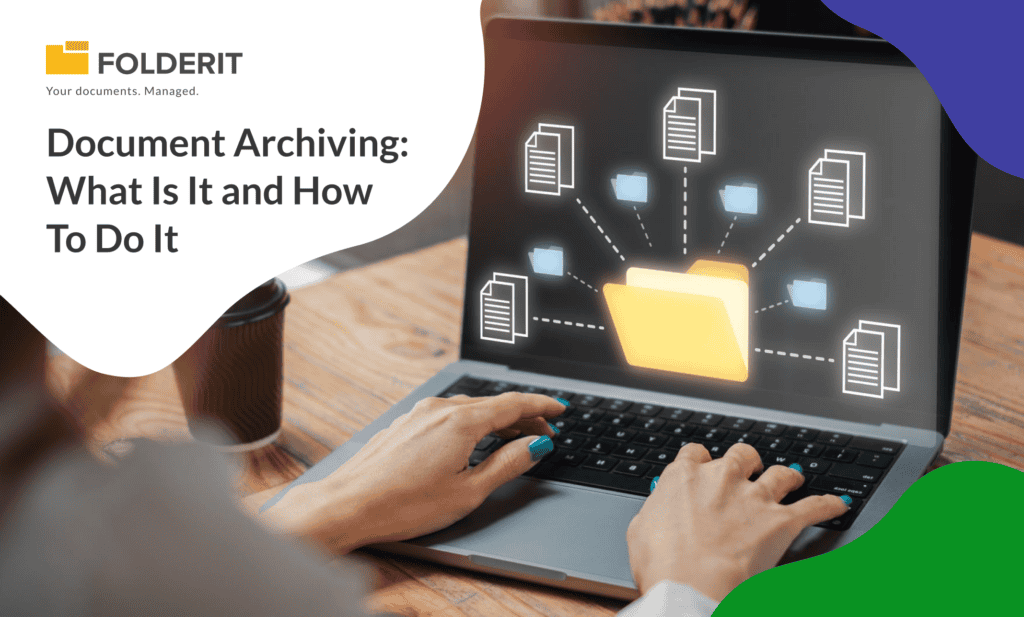Good Manufacturing Practice (GMP) is a vital aspect of pharmaceutical manufacturing, ensuring that products are consistently produced and controlled according to quality standards. It is designed to minimize the risks involved in any pharmaceutical production that cannot be eliminated through testing the final product.
What is GMP?
Good Manufacturing Practices (GMP) are a set of guidelines and regulations that govern the manufacturing, processing, packaging, and storage of drugs and pharmaceutical products. These practices are designed to ensure that products are consistently produced and controlled according to quality standards, minimizing risks involved in pharmaceutical production that cannot be eliminated through testing the final product.
GMP: Standards and Challenges
GMP standards are not confined to one country or region; they are global. Organizations like the World Health Organization (WHO), the U.S. Food and Drug Administration (FDA), and the European Medicines Agency (EMA) have outlined GMP guidelines. While there are some variations in the specifics, the core principles of GMP remain consistent worldwide.
Good Manufacturing Practices (GMP) Standards:
GMP, or Good Manufacturing Practices, are crucial in the pharmaceutical industry for ensuring the safety and efficacy of drugs. These standards include:
- Quality Management: Ensuring that medicines are consistently produced and controlled to the quality standards appropriate for their intended use.
- Sanitation and Hygiene: A robust system for maintaining cleanliness and hygiene throughout the manufacturing process.
- Building and Facilities: Adequate space, proper design, and maintenance of facilities to prevent cross-contamination and facilitate effective cleaning.
- Equipment: Properly designed, maintained, and calibrated equipment to prevent errors and contamination.
- Materials Management: Ensuring the quality of raw materials and preventing contamination.
-
Production: Controlled manufacturing processes with clearly defined and validated steps.
-
Quality Control: Rigorous testing of raw materials, intermediate products, and finished products.
- Documentation and Records: Accurate and comprehensive record-keeping for traceability and accountability.
- Personnel: Adequate training, skills, and qualifications of personnel involved in manufacturing.
Active Regions and Enforcement
GMP is enforced in the United States by the FDA, in Europe by EMA, and in other regions by respective regulatory authorities. Pharmaceutical companies must comply with the GMP standards of the countries where they intend to sell their products.
Consequences of Non-Compliance
Non-compliance with Good Manufacturing Practices (GMP) in the pharmaceutical industry can lead to severe consequences. These include:
- Reputation Damage: Non-compliance can severely tarnish a company's reputation, leading to a loss of customer trust and brand loyalty.
- Loss of Consumer Confidence: When consumers lose trust in a pharmaceutical manufacturer, it can lead to broader skepticism about the industry.
- Increased Product Recalls: Non-compliance often results in more frequent and extensive product recalls, indicating risks to consumer health and safety.
- Criminal Prosecution: Companies may face legal action, including criminal prosecution, for serious violations of GMP standards.
- License Cancellations: Non-compliance can lead to the revocation of essential manufacturing and operational licenses.
GMP violations can include:
-
Inadequate quality control
-
Inappropriate documentation
-
Failure to follow standard operating procedures
Challenges in GMP Compliance:
The challenges in complying with GMPs, especially in biopharmaceutical manufacturing, include:
- Interpretation of Guidelines: The high-level nature of CGMP guidelines allows flexibility but can lead to challenges in interpretation.
- Consistency in Product Quality: Biologics, derived from living materials, present inherent variability, making consistent quality a significant challenge.
- Complex Formulation Work: The complexity involved in formulating biologic products, especially non-traditional dosage forms, poses a challenge.
- Characterization of Biologic Material: Adequate characterization of biologic materials is difficult, impacting consistency, safety, and potency.
- Balancing Continual Supply and GMP Compliance: Striking a balance between continuous product supply and maintaining/upgrading facilities for GMP compliance.
- Diverse Sponsor Requirements: Managing different quality system requirements from various sponsor companies.
- Introduction of New Technologies: Implementing new technologies in GMP practices while ensuring compliance.
- Regulatory Harmonization: The need for harmonized guidance and training on CGMP interpretation and operation.
Why is GMP Important?
- Patient Safety: GMP safeguards the patient from purchasing a product which is not effective or even dangerous. Failure of firms to comply with GMP regulations can result in very serious consequences including recall, seizure, fines, and jail time.
- Quality Assurance: GMP is a crucial part of quality assurance which ensures that products are consistently produced and controlled to the quality standards appropriate for their intended use.
- Global Standards: GMP is recognized as a key component of the international pharmaceutical quality system, with many countries incorporating it into their own pharmaceutical laws.
The Role of Acknowledgment Workflow in GMP
Acknowledgment workflow plays a crucial role in GMP by ensuring that each step in the manufacturing process is documented, reviewed, and approved. This systematic approach enhances compliance and quality control by:
- Documenting Processes: Every step, from raw material receipt to final product testing, is recorded, ensuring traceability and accountability.
- Ensuring Compliance: Helps in adhering to GMP standards by providing a clear, auditable trail of the manufacturing process.
- Improving Quality Control: By acknowledging each step, it minimizes errors and ensures consistency in product quality.
- Facilitating Continuous Improvement: Enables identification of areas for improvement in the manufacturing process.
GMP in the Context of Folderit's Acknowledgment Workflow
Folderit's document management acknowledgment workflow integrates seamlessly with GMP standards, ensuring that every step of the pharmaceutical manufacturing process is documented, monitored, and verified. This workflow provides a structured approach to manage and record the acknowledgment of each critical step in the manufacturing process, aligning with GMP requirements for documentation and quality control.
Acknowledgment Workflow: Setting Up for Efficiency with Folderit’s Document Management System (DMS)
Implementing Folderit's acknowledgment workflow in a GMP environment involves a structured setup process that ensures all compliance requirements are meticulously addressed. Here's a step-by-step breakdown of how it's set up:
- Defining the Workflow Structure: The first step involves defining the specific stages of the manufacturing process that require acknowledgment. This could include stages like raw material verification, in-process checks, and final product quality assurance.
- Customizing Workflow Steps: Folderit allows for the customization of each workflow step. This means that for each stage of the GMP process, specific actions, checks, or approvals can be defined. For instance, a step could be set up to verify the temperature and humidity conditions during a particular phase of drug production.
- Assigning Roles and Responsibilities: In this phase, roles are assigned to different team members for each step of the workflow. This ensures that the right personnel are responsible for the necessary approvals and checks, in line with GMP requirements.
- Integrating Digital Signatures: Each step in the workflow can be configured to require a digital signature or acknowledgment from the responsible personnel. This feature ensures accountability and provides a secure, digital trail of compliance.
- Setting Up Notifications and Alerts: Folderit allows for the configuration of real-time alerts and notifications. These can be set up to inform relevant team members of pending actions, deadlines, or deviations from the standard process.
- Testing and Validation: Before full-scale implementation, the workflow is tested to ensure it functions as intended and meets all GMP requirements. This phase may involve running through simulated scenarios to validate each step of the process.
- Training and Implementation: The final step involves training the team on the new workflow system. This ensures that everyone understands their role in the process and how to use Folderit effectively for GMP compliance.
For more information on how to set up acknowledgement workflows click here
How Folderit Increases Efficiency in GMP
The implementation of Folderit's acknowledgment workflow in GMP processes significantly enhances operational efficiency. This includes::
- Streamlined Documentation: Folderit digitizes and organizes all GMP-related documentation, making it easily accessible and reducing the time spent on manual record-keeping.
- Enhanced Traceability: With Folderit, every step of the manufacturing process is traceable. This comprehensive visibility allows for quicker identification of issues and more efficient problem-solving.
- Reduced Compliance Risks: The automated and structured nature of Folderit's workflow minimizes the risk of non-compliance with GMP standards, thereby avoiding potential regulatory penalties and costly production delays.
- Data-Driven Insights: Folderit's system provides valuable data analytics, offering insights into process efficiencies and areas for improvement. These insights can drive strategic decisions, leading to continuous improvement in GMP processes.
- Scalability and Flexibility: As manufacturing demands evolve, Folderit's workflow can be easily scaled and adapted, ensuring that GMP compliance is maintained even as operations expand or change.
Practical Examples of Folderit's Acknowledgment Workflow in GMP
- Batch Records: In the manufacturing of a pharmaceutical product, each batch record is acknowledged and stored in Folderit. This ensures that any deviations or anomalies are immediately flagged and addressed.
- Equipment Calibration: Regular calibration of equipment is a GMP requirement. Folderit's workflow can track and acknowledge each calibration, ensuring compliance and maintaining a record for audits.
- Staff Training: GMP requires that all personnel involved in manufacturing are adequately trained. Folderit can manage and acknowledge the completion of training modules, maintaining an up-to-date record of staff qualifications.
GMP Compliance: Beyond Checklists with Folderit
Folderit's acknowledgment workflow system goes beyond traditional checklist methods in GMP compliance. It offers a dynamic, interactive platform that adapts to the complex and evolving needs of pharmaceutical manufacturing.
- Automated Compliance Tracking: Automatically tracks compliance with GMP standards, reducing the risk of human error.
- Real-Time Monitoring and Alerts: Provides real-time monitoring of processes and sends alerts for any deviations, enabling prompt corrective actions.
Looking Forward: The Future of GMP Compliance with Digital Solutions
The future of GMP compliance is closely tied to the advancement of digital solutions like Folderit. These technologies are set to revolutionize the way pharmaceutical companies manage quality and compliance.
- Integration of Advanced Technologies: Incorporation of AI and machine learning for predictive analysis and improved decision-making.
- Enhanced Data Analytics: Utilization of big data analytics for deeper insights into manufacturing processes and quality control.
- Remote Monitoring and Control: Advancements in remote monitoring technologies for overseeing manufacturing processes from anywhere, ensuring continuous compliance.
Embracing Folderit for Enhanced GMP Compliance
Folderit's acknowledgment workflow is a game-changer in the pharmaceutical industry. Its ability to streamline processes, ensure accuracy, and provide real-time insights makes it an indispensable tool for any company committed to the highest standards of drug safety and efficacy. Embracing Folderit is not just about meeting regulatory requirements; it's about setting a new standard in pharmaceutical manufacturing and safeguarding public health.



